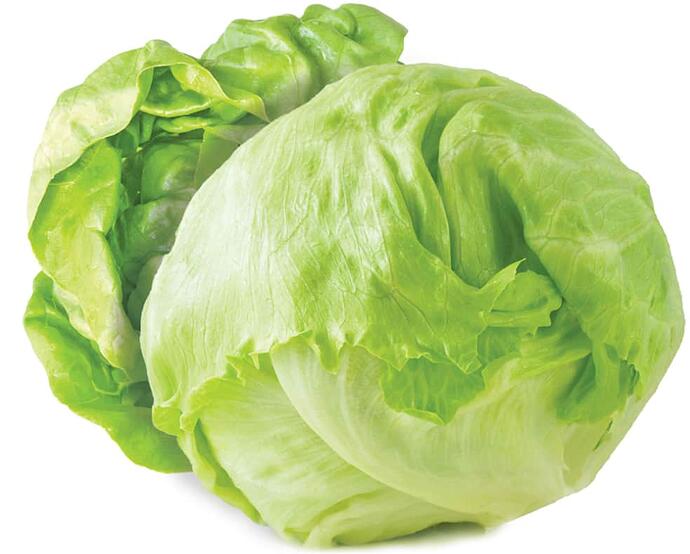Liz Truss has bestowed 11 honours on donors, allies and former aides — amounting to one for every four days spent in power as prime minister before she tendered her resignation, on day 44.
Truss sought to reward loyalists who influenced her radical economic agenda, as well as prominent Brexit campaigners. However, her resignation honours list prompted accusations of “grubby cronyism”.
Critics argued that she had brought the system into further disrepute and accused the former prime minister of “dishing out rewards for failure”.
Two veterans of the Vote Leave campaign — Matthew Elliott and Jon Moynihan — and Truss’s short-lived deputy chief of staff in No 10, Ruth Porter, will join the House of Lords.
Moynihan is a venture capitalist who donated £20,000 to Truss’s leadership campaign and funded three “briefing dinners”. He donated a further £33,000 to cover the “winding up costs” of the campaign after she won the run-off against Rishi Sunak last summer.
Moynihan has also donated hundreds of thousands of pounds to the Conservative Party. He continued to defend Truss even after her defenestration, telling the BBC this year that “a huge proportion of the British establishment or blob” had conspired against her. He criticised the Bank of England, and when asked if people in the Treasury and IMF had wanted her to fail said “certainly”.
Elliott has been a more prominent political figure in recent years. He was chief executive of the Vote Leave campaign and afterwards became a leading voice behind Truss’s economic policy. He was the founder of the Taxpayers’ Alliance and, like Truss, grew up in Leeds. He has been described as “one of the most effective lobbyists at Westminster”.
Porter was a long-serving special adviser to Truss — following her as she ascended through the cabinet ranks from her days as environment secretary in 2014. Before entering No 10, she was managing director at the public affairs firm FGS Global — a role she returned to after a short stint as Truss’s deputy chief of staff.
Others who worked closely with Truss over the years were also given honours. Sophie Jarvis, a special adviser who acted as her political “fixer” from 2019 to 2022, and Shabbir Merali, her economic adviser, were both made Commanders of the Order of the British Empire.
Four MPs received honours for “public and political service”. Suzanne Webb and Rob Butler were made Officers of the Order of the British Empire, having served as her parliamentary private secretary in No 10 and the Foreign Office, respectively.
Jackie Doyle-Price — a former minister who has been friends with Truss for decades — and Alec Shelbrooke — the first Tory MP to back her for the leadership — became a Dame and Knight Commander.
Meanwhile, David Hills, Truss’s local Conservative association chairman, was made a Member of the Order of the British Empire. He was once accused of orchestrating the “Turnip Taliban” opposition to her candidacy for the seat of South West Norfolk in the run up to the 2010 election after her affair with the MP Mark Field was revealed.
Also on the list was Shirley Conran, the author, journalist and mother of the designer Jasper Conran who previously donated £5,000 for Truss’s constituency work. Her honour was given for services to maths, as the founder of the Maths Anxiety Trust.
Truss defended her resignation honours list. She said: “I am delighted these champions for the conservative causes of freedom, limited government and a proud and sovereign Britain have been suitably honoured.”
Hannah White, director of the Institute for Government, said the system of “former prime ministers honouring political allies for services rendered” amounted to “grubby cronyism”.
She added that granting allies “a lifelong right to legislate as a reward for past donations or political support” instead of the likely contribution they could make to parliament “undermines the reputation of the House of Lords”.
The list has proved controversial for other reasons. It has been significant delayed — Johnson’s list was published in June, nine months after he left Downing Street. But Truss’s took 14 months despite being much shorter. Some of those she wanted to nominate also declined.
The list was published on Friday alongside the King’s new year’s honours, timing that some suggested was designed to suppress potentially embarrassing coverage for No 10.
It’s time that these so-called “honours lists” were abandoned … ![]()

